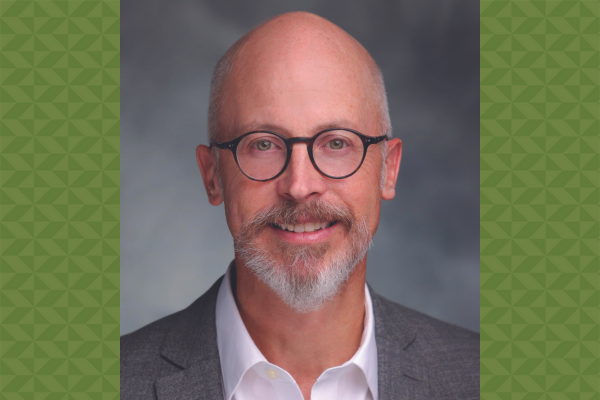
Kenneth Poss, PhD, is the James B. Duke Distinguished Professor of Regenerative Biology in the Department of Cell Biology at Duke University School of Medicine. He is director of the Duke Regeneration Center and also holds appointments in the Department of Medicine and the Department of Biology.
Poss is a groundbreaking leader in the field of regeneration, the biological process by which body parts regrow after injury or amputation. His work on regeneration in non-human vertebrates is a key driver of research to develop regenerative clinical applications. His pioneering research using zebrafish as a model organism has shed important light on the molecular, cellular, and genetic mechanisms that underlie tissue regeneration. His elucidation of the processes by which zebrafish can regenerate heart muscle has informed the field of cardiac repair in humans, and he was the first to identify novel roles of the epicardium in cardiac repair.
“The regeneration field has grown in no small part from Ken’s introduction of what to study, fundamentals of how it works, and tools for new questions.”
–Nomination letter
Poss is the founding president of the International Society of Regenerative Biology, which provides an inclusive and integrated community of scientists to advance awareness, discoveries, and applications of regenerative biology. He founded the Regeneration Next Initiative at Duke, a multidisciplinary program formed to harness the potential of regenerative medicine across the university, and he is the current head of the Duke Regeneration Center, which brings faculty, trainees, and staff together to advance education, discovery science, translational research, and development of therapies.
His honors include the NHLBI Outstanding Investigator Award, the Early Career Scientist Award by the Howard Hughes Medical Institute, the Merit Award by the American Heart Association, and a Pew Scholar in the Biomedical Sciences.
Education: Massachusetts Institute of Technology
Primary Title: James B. Duke Professor of Regenerative Biology, Duke University School of Medicine
Story originally published in DukeMed Alumni News, Spring 2024.
Read more from DukeMed Alumni News